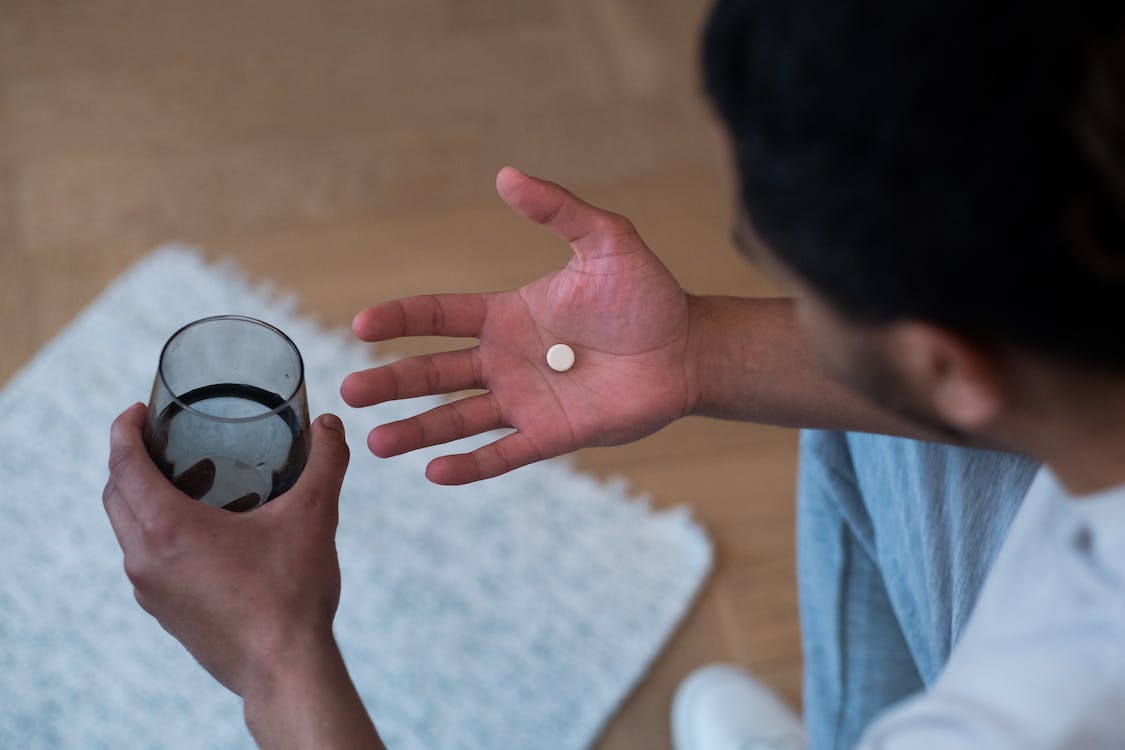In the Grip of Substitution: The Methadone and Suboxone Debate
From the depths of addiction, it may feel like there’s no escape. As someone who has been down that path, embroiled in the legal system due to addiction, I can tell you that the path to recovery isn’t always straightforward. One debate that continues to cause ripples in the addiction treatment world is the use of opioid substitutes like methadone and Suboxone. But are we merely replacing one addiction with another?
Methadone and Suboxone, among others, are pharmacological treatments for opioid addiction. By acting on the same receptors as opioids, they can help mitigate withdrawal symptoms and reduce cravings. This sounds like a viable solution, right? Yet, it’s essential to consider the broader picture and recognize the potential risks and consequences.
Suboxone and methadone are not benign substances; they too are opioids, albeit with a slower onset and longer duration of action. They reduce the potential for misuse and overdose – a fact recognized by the World Health Organization. However, the risk of developing a physical dependence cannot be dismissed.
In South Africa, opioid substitutes are typically prescribed under monitored conditions to prevent misuse. However, issues arise when these drugs seep into the illegal market, becoming accessible without a proper treatment plan or medical supervision. In 2017, the South African Medical Journal reported the seizure of significant quantities of illicit Suboxone, indicating its misuse potential.

Now, let’s discuss some intriguing facts about this topic. For starters, methadone was first developed in Germany during World War II as a painkiller. Later, in the 1960s, it was repurposed for treating heroin addiction in the United States. On the other hand, Suboxone, a combination of buprenorphine and naloxone, was approved by the FDA for opioid addiction treatment only in 2002. Both have their unique advantages and pitfalls, and the choice often depends on individual patient needs.
FAQs:
Q1: Are Suboxone and methadone just as addictive as the drugs they replace? While they can cause physical dependence, they are less likely to lead to the compulsive, harmful behaviors associated with addiction.
Q2: Is there an alternative to these substitute medications? Yes, other treatment options include abstinence-based programs and counseling, although the suitability depends on individual circumstances.
Q3: Can someone stop taking methadone or Suboxone abruptly? Abrupt discontinuation can lead to severe withdrawal symptoms. Any changes should be under medical supervision.
In conclusion, the argument of ‘replacing one addiction with another’ oversimplifies a complex issue. Methadone and Suboxone are potent tools in combating opioid addiction, but they are not a ‘cure’. Their use should always be part of a comprehensive treatment plan that includes behavioral therapy and support for any co-occurring mental health issues.
While these medications can pave the way towards recovery, they must not become crutches that prevent individuals from learning to navigate life without substance dependence. Just like a safety net that cushions a trapeze artist’s fall, they should serve as temporary support until the individual is ready to fly solo.
Being conscious of the potential risks and having open conversations about them can ensure that the benefits of these medications are harnessed without the cost of a new dependence. After all, true recovery is not merely about breaking free from the chains of addiction but about regaining control of your life.
The Methadone and Suboxone Conundrum: Are We Swapping One Addiction for Another?
Substance abuse is a pervasive issue, and treating it often resembles a labyrinth – multifaceted, intricate, and misleading at times. Methadone and Suboxone, two popular pharmacological treatments for opioid addiction, are often seen as a double-edged sword, potentially creating new dependencies as they solve others. As someone who has experienced the harsh realities of addiction and the subsequent legal consequences, I would like to delve into this matter.
Both Methadone and Suboxone work by acting on opioid receptors in the brain, easing withdrawal symptoms and cravings. They are viewed as lifesavers, offering an escape from the deadly grip of opioid addiction. However, they aren’t without their drawbacks.
Intriguingly, these substances aren’t immune to misuse. Methadone, for example, was initially developed as a painkiller in World War II. Later, it was repositioned as a treatment for heroin addiction in the 1960s. While it has proven beneficial, methadone can also be addictive, and unsupervised consumption can lead to severe complications. Suboxone, a combination of buprenorphine and naloxone, was introduced in 2002. Despite its effectiveness, instances of Suboxone abuse have been reported, largely due to its accessibility outside regulated medical contexts.
Bite-Size Facts:
- Suboxone combines buprenorphine, a partial opioid agonist, and naloxone, an opioid antagonist. This combination aims to provide relief from withdrawal symptoms while deterring misuse.
- Methadone maintenance treatment (MMT) has been shown to decrease illicit opioid use, criminal activity, and mortality rates among opioid-dependent people.
- In South Africa, a 2017 report from the South African Medical Journal cited considerable seizures of illicit Suboxone, emphasizing its potential for misuse.
Common Questions:
Q1: Are methadone and Suboxone simply replacing one addiction with another? A1: These medications can lead to physical dependence, but this doesn’t equate to addiction, a disorder characterized by compulsive use despite harmful consequences. The goal is to manage withdrawal and reduce cravings, enabling individuals to rebuild their lives.
Q2: Are there alternatives to methadone and Suboxone? A2: Yes, treatments such as cognitive-behavioral therapy, contingency management, and 12-step facilitation therapy are available. The right treatment depends on the individual’s needs and circumstances.
Q3: Can one stop using methadone or Suboxone abruptly? A3: Discontinuing these medications suddenly can result in withdrawal symptoms. Any changes should be made under the guidance of a healthcare professional.
In drawing to a close, it’s crucial to acknowledge that labeling methadone and Suboxone as merely substitutions oversimplifies the complexity of addiction treatment. While they do have potential for misuse, when used responsibly and as part of a comprehensive treatment plan, they can serve as crucial lifelines for those struggling with opioid addiction.
However, while these medications can offer a bridge to recovery, they should not be seen as the final destination. We must encourage individuals to work towards a life free of substance dependence. These medications should act as safety nets, offering temporary support until the individual regains their balance.
The key is fostering an environment that promotes transparency and dialogue about these treatments’ benefits and potential pitfalls. After all, the ultimate goal of recovery is not simply about breaking the shackles of substance abuse but regaining control over one’s life.
Sources and Rehab links that mention Changes Rehab in Johannesburg
Luxury Rehab Johannesburg
therapy.joburg
givingmore.co.za
networksociety.co.za
ghoema.co.za
heatcaster.com
journeytreehealing.com

